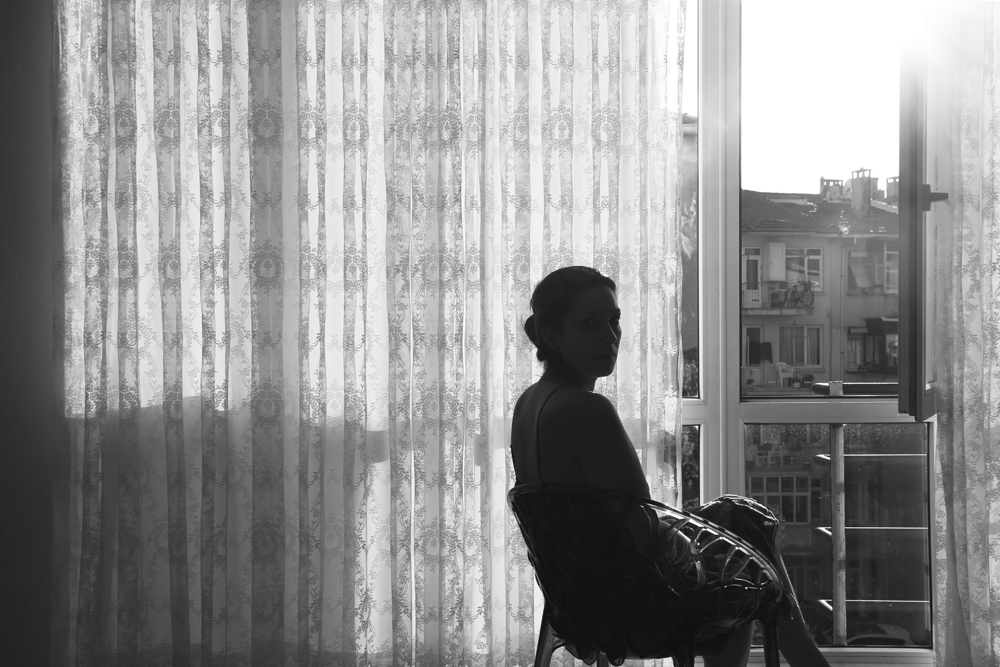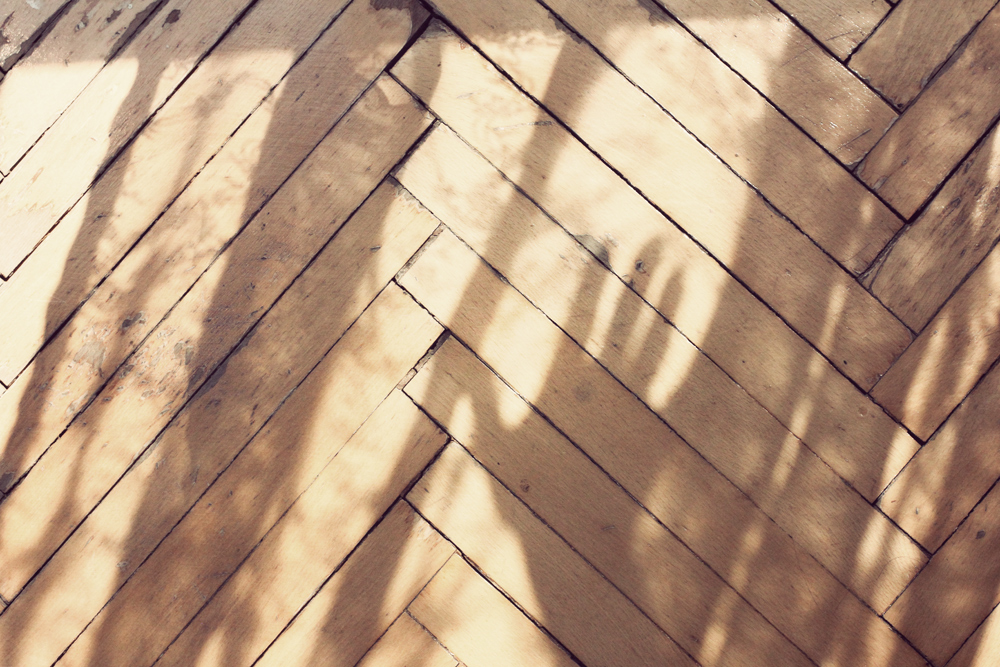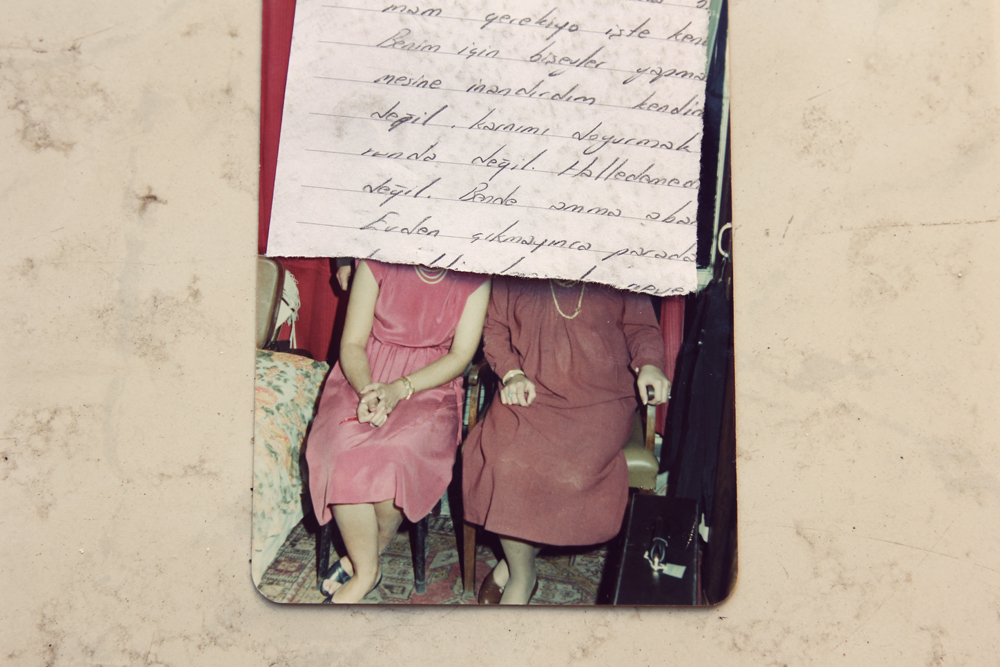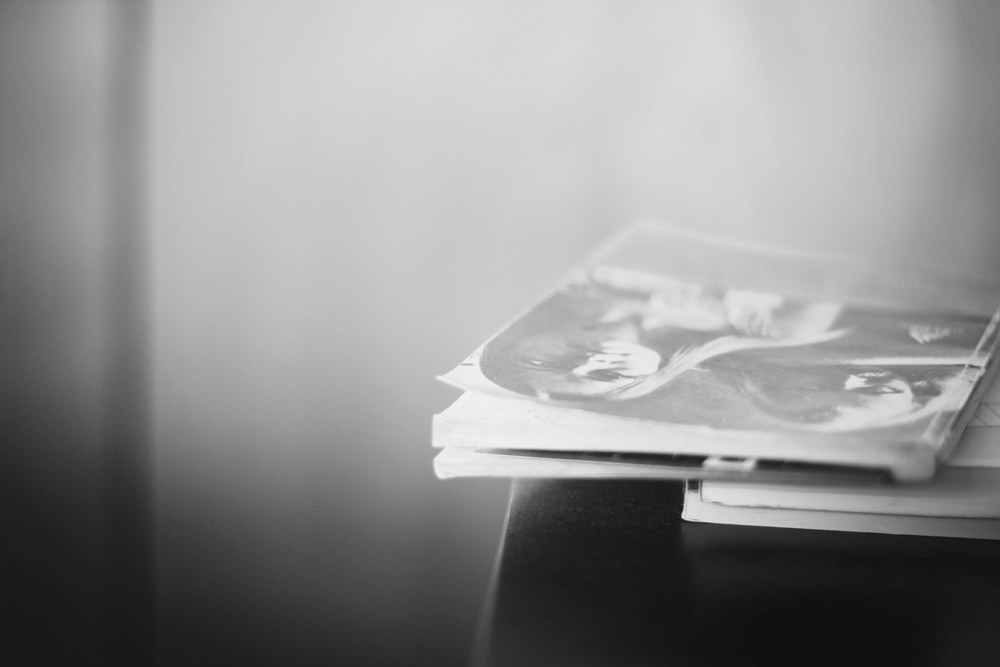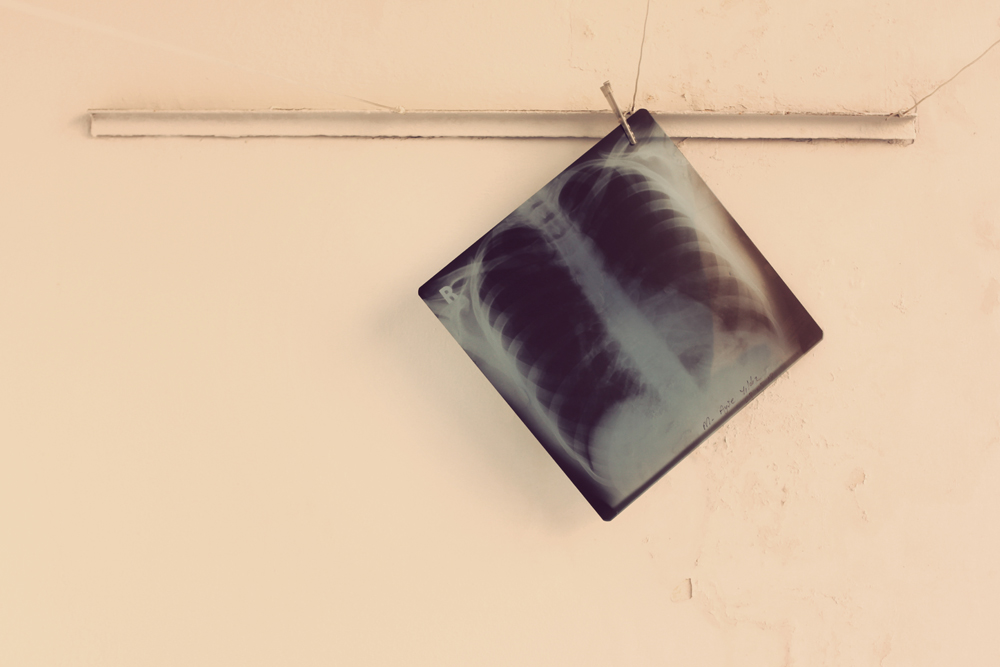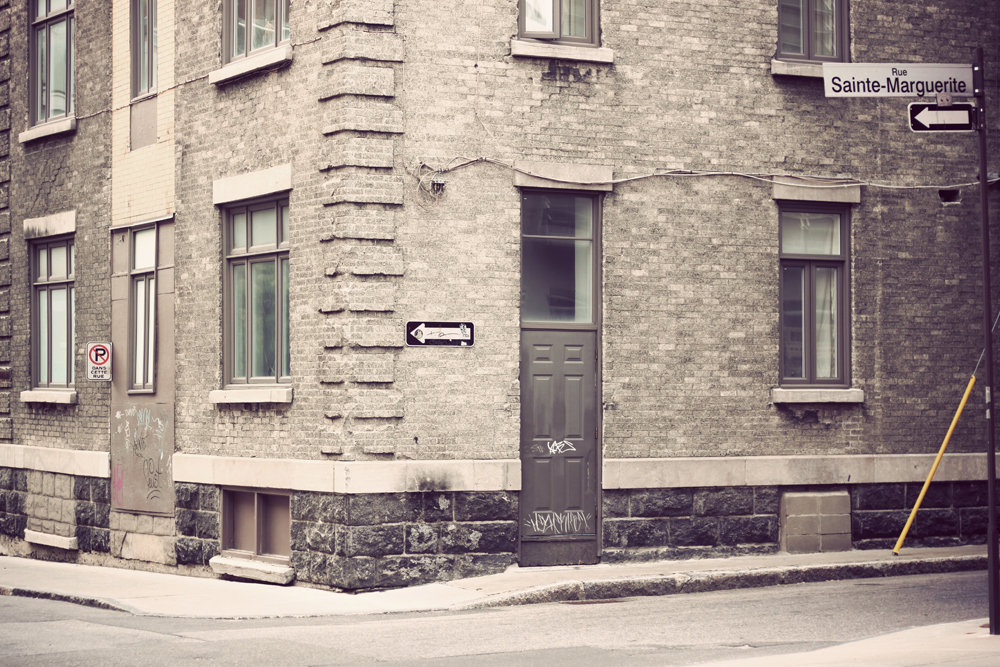
marguerite est malade car elle a mangé de la—
marguerite was sick because she ate a bit of herself, which turned out to be something else. that’s what i learned about her through her song, a song my mother used to sing to me as a child. the song of sick marguerite was a product of my mother’s youth; it was meant to be refractory but i wasn’t sure how it was possible to substitute a g for a d—the phonetic discrepancy never quite agreed with me. regardless, i played along because i understood the humour and i enjoyed puns, even bad ones; and mostly it warmed my heart to imagine my mother as a mischievous child, singing this song which, by all accounts, was quite vulgar in its time. when i tried to sing and teach it to my friends, they didn’t quite get it. i had to pause and explain the wordplay and its implication. while this need for an explanation validated my original hesitation, it also saddened me that my friends could not move past it and accept the song for what it was, as i had.
le curé labelle, assis sur une poubelle, priait le p’tit jésus en se grattant le—
these infinite loop songs may have been popular in my mother’s youth, or perhaps only with my mother, i wouldn’t know. i assumed there were more than just the one song about sick marguerite, but i only knew of another, the story of curé labelle. there wasn’t much to it. curé labelle (the local priest) was sitting on a trash can and prayed to little jesus while scratching his—and that is where the song cut and started over. i closed my eyes and saw the priest perched on the trash can. in my child mind, the priest donned a dirty grey suit to match the tin of the can, and wore a train cap. he was just a boy with disheveled hair, and his face was dirtied up by coal. he reminded me of martine’s little brother, jean, as dreamed up by marcel marlier and gilbert delahaye in their timeless classic. it made no sense for the priest to be dressed this way and to be of that age, but i couldn’t imagine him differently as i had never stepped into a church and i hadn’t been taught about priest accoutrement. it was also impossible for me to think of a grown man scratching himself on top of a trash can. a naughty little boy made more sense.
in my ultimate vision, marguerite and curé labelle were the very best of friends—they hid and they sought; they caught butterflies; they looked at the stars. on that particular day, marguerite was piqued by freudian curiosity and ate a bit of herself. she fell ill and was quickly bedridden, unable to come out to play. poor little curé labelle sat outside on a trash can, bored and lonely, waiting for her to get better. in a strange scene mingling fiction and reality, i saw my mother and her brothers running in circles around him, taunting him, granting him a physical reality he hadn’t asked for. it was a blasphemous song and i felt bad for little curé labelle, but not for the catholic church.

